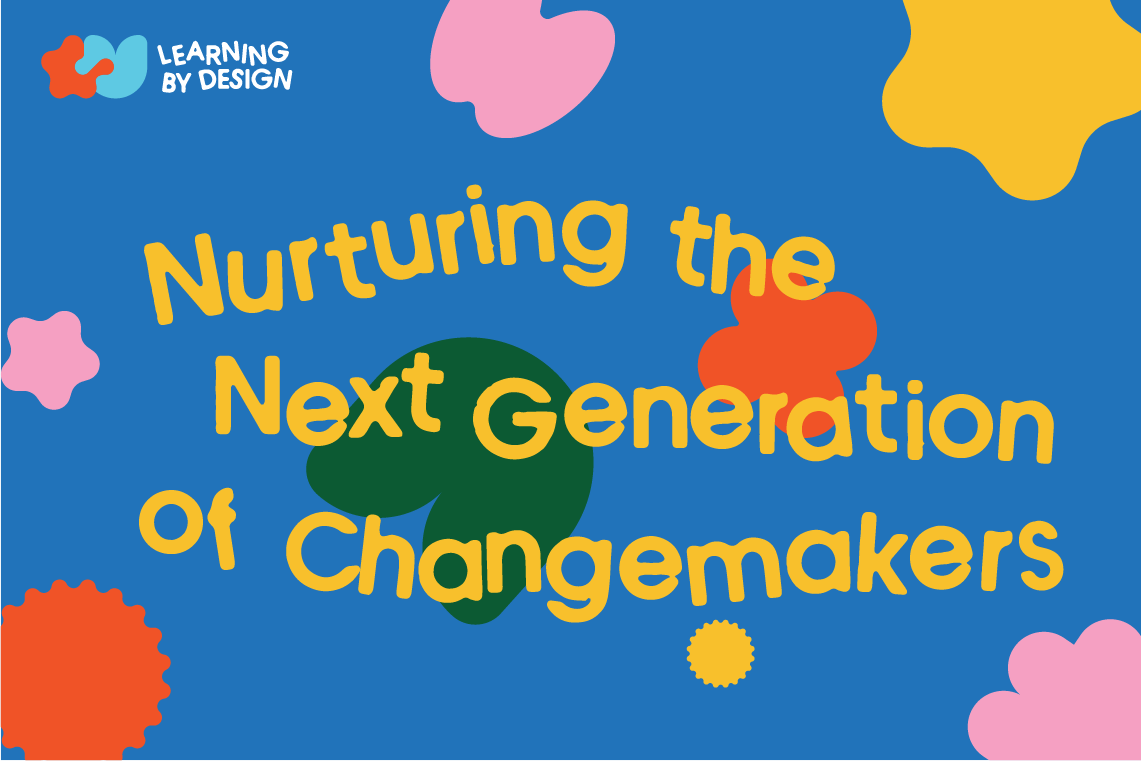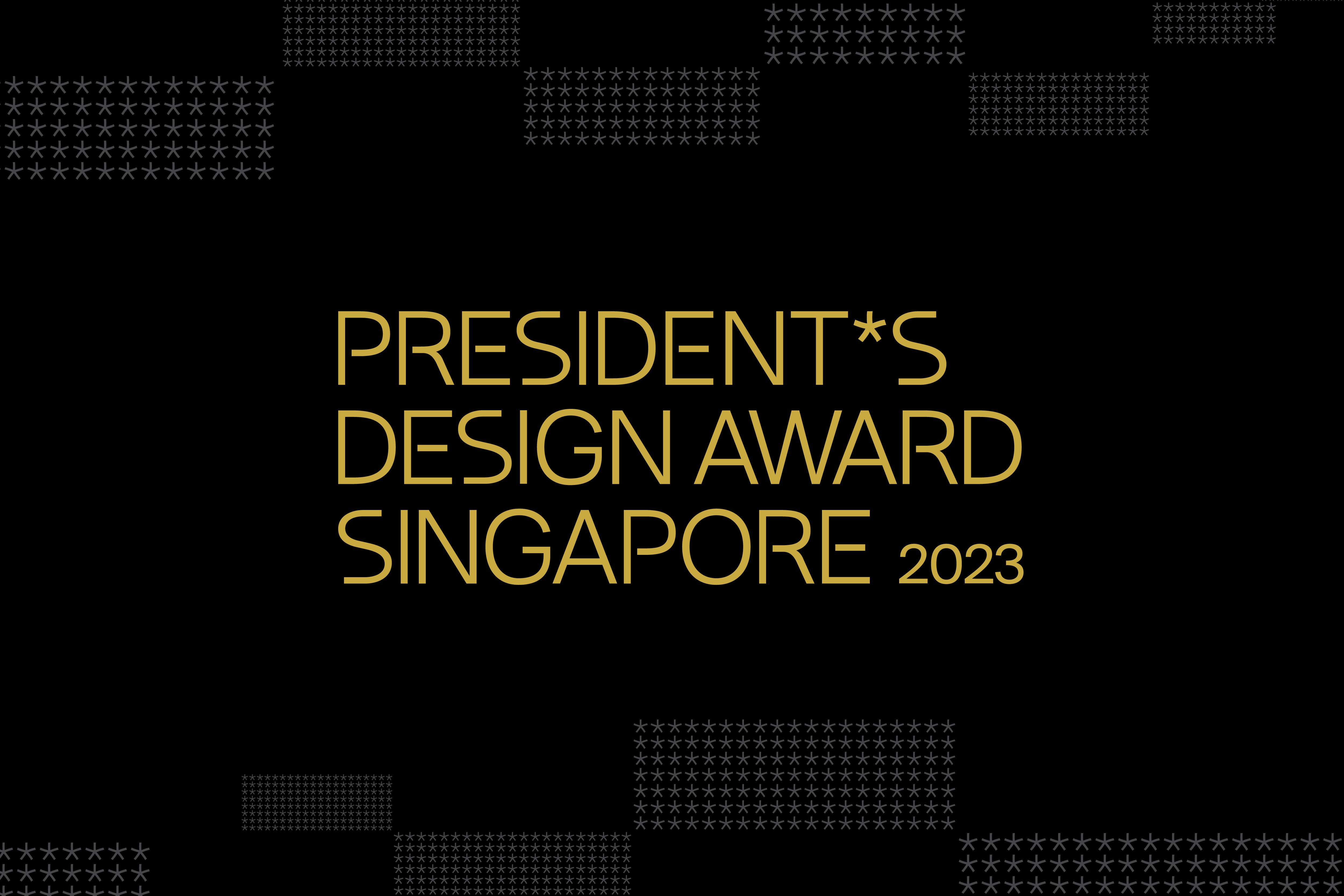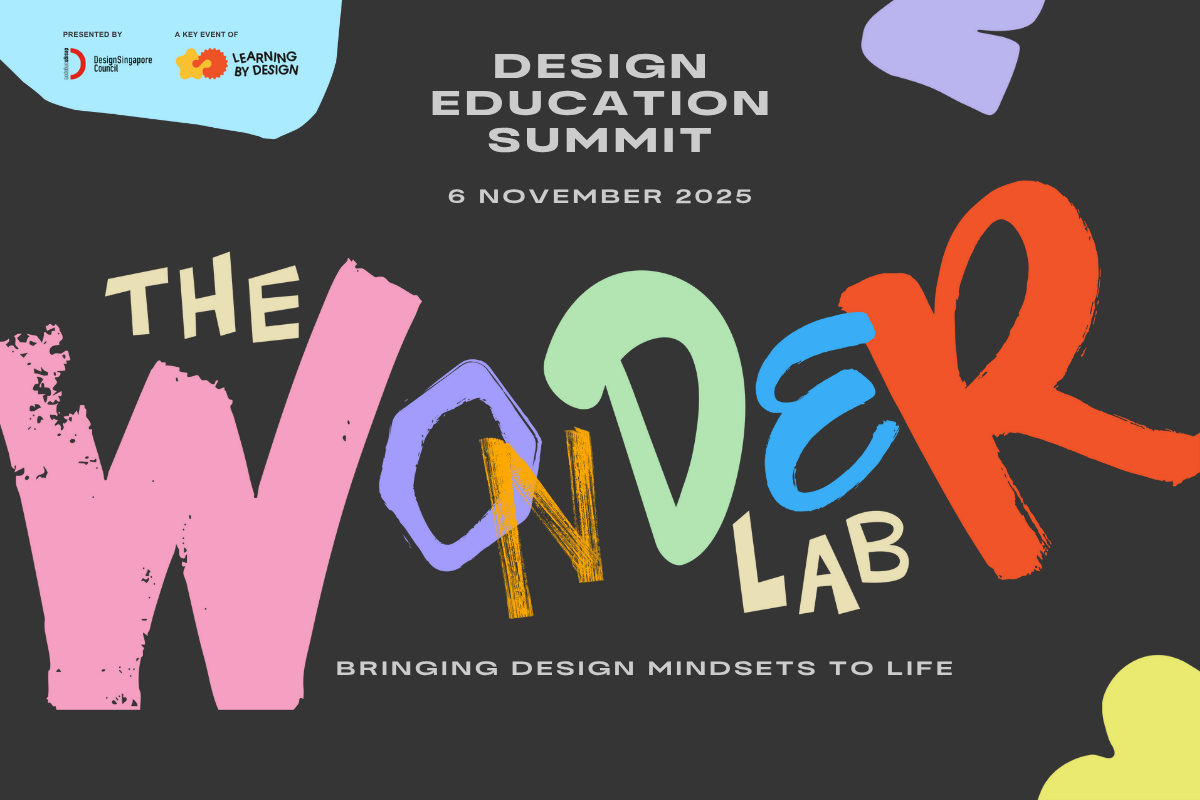Not Just Aesthetics: How Design Thinking gave Old Icons New Life
Local designers can be found in a myriad of interesting locations, from restored heritage shophouses to 4-room HDB flats. If you’ve been following us on our feature series on designers, you may consider yourself experienced enough to skip past taking a look into STUCK’s office studio. Our advice? Don’t. It is a feast for the eyes to behold:
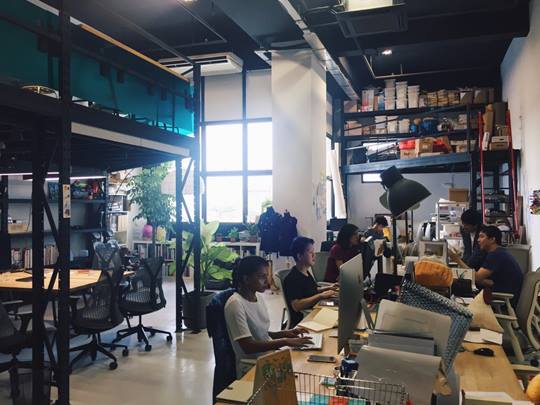
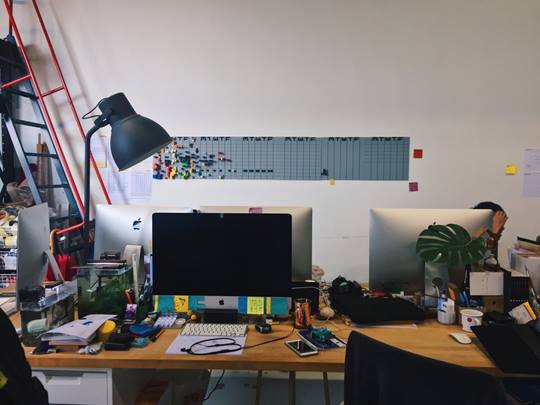
Contained within a warehouse unit situated in Kallang, the team behind STUCK works in a 2-storey, penthouse space of sorts. The elevated ‘loft’ component provides additional floor-space for discussion tables and storage, and is where my companion and I are invited to for our sit-down conversation with Donn Koh, one of the co-founders of STUCK. When Donn informs us that the 2nd story was in fact designed and built in-house by the STUCK team, we are left immediately slack jawed in awe. Yet, given STUCK’s credentials, this shouldn’t be surprising.
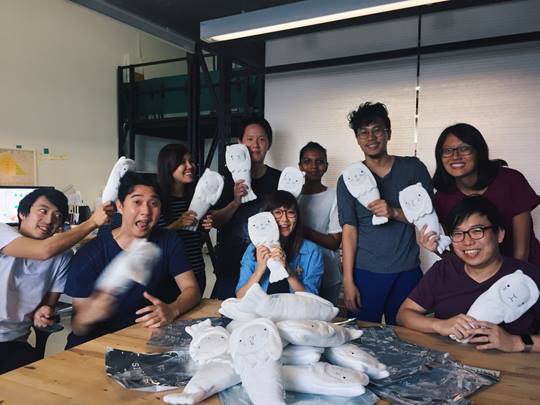
STUCK’S very existence challenges the common misconception that the local design scene only comprises of individuals still struggling to make their big break. Since its inception seven years ago with an experienced, design-trained, team of five at its helm, STUCK is now both design consultancy and product retailer, and regularly receives assignments from large corporations such as Samsung, BMW, Ferrero, and Grab, amongst many others.
On top of this, STUCK is also the group behind the widely lauded “Souvenirs from Singapore” (SS) series launched during the 2015 National Day Weekend. Designed in collaboration with two other prominent local design names — Supermama and Mekyrs, who handled retail strategy and production respectively — , the SS series originated with the goal of re-inventing the image of the ‘local souvenir’. The project manifested itself in fifty different products, all intentionally priced under $20 to be accessible to all consumers.
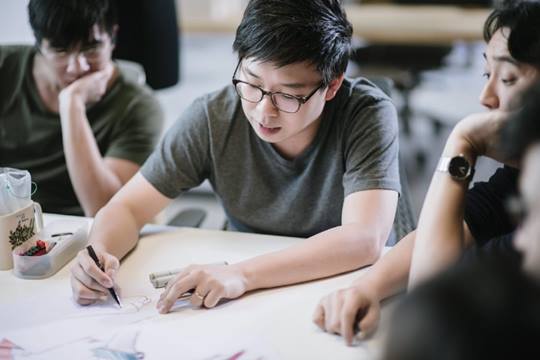
“We wanted to make something refreshing”, says Donn, who believes that while there is certainly still space for the more traditional, tourist-directed, type of souvenirs, this does not have to be the only interpretation of what it means for something to be a ‘souvenir’.
The result? Don’t expect postcards with the Vanda Miss Joaquim emblazoned on it; ‘Singapore’ written in cursive font. The SS line commemorates classic Singaporean icons through design with the intention of making ‘Singapore souvenirs’ attractive not just to tourists, but locals as well.
In addition, STUCK shied away from making souvenirs that lacked any meaningful purpose apart from being souvenirs. “One cannot be on holiday all the time,” Donn quips.
Indeed, the SS range (recently rebranded as Red Republic) does not consist of objects created merely to be placeholders for memories of holidays far gone, or local inside jokes. Instead, they are objects that have an enduring daily relevance to the buyer, such as the ‘Jiu Ceng Gao’ (multi-layered cake) Doorstop, or ‘Void Deck Chess Dish’.
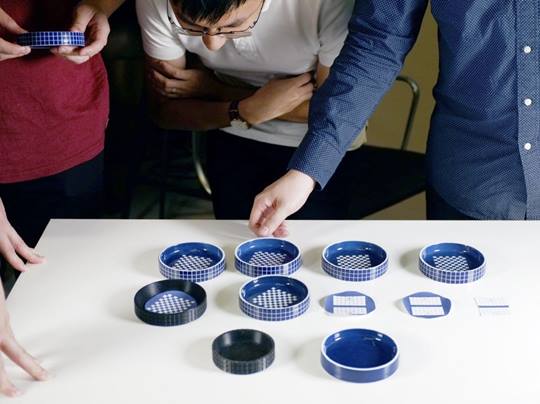
Thus, even without understanding the cultural references, one can still appreciate the inherent functionality of the items — a well designed doorstop, or trinket dish. The cultural references embedded into the products add an additional layer of meaning to the item, but do not define their purpose altogether.

This degree of thoughtfulness in product design, one that extends beyond the aesthetic value of pieces, is evident through a large body of STUCK’s work. One of their most well-known projects, the Merlion ‘chouchou’ plush toy, transformed Singapore’s ornate Merlion mascot into an endearing, family-friendly character.
How did they do it? Through some clever design thinking, Donn explains. “The classic Merlion is very ‘dao’ (unfriendly), because it always looks away from you. So the first thing we did was to flatten the Merlion into two-dimensions, such that it is ‘looking’ directly at you.”
From there, the team also found other ways to make the Merlion friendlier, such as by drawing the character in a simplistic, childish style, and associating the icon with ‘chou chou’ (children’s pillow), an image of comfort and home. Their efforts paid off handsomely. While the Merlion was once shunned by locals as a tourist gimmick, STUCK’s innovative re-interpretation of it sparked a movement of national adoration for the icon, and the ‘chouchou’ was seen prominently across various social media channels long after the initial launch.
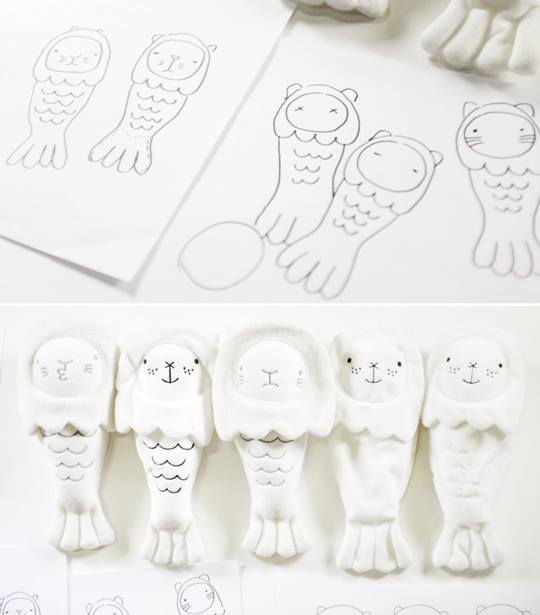
Because of this, Donn explains, Singaporean designers often exhibit compelling and rational grounds for the design decisions that they make in the work that they produce. This, in turn, makes the local design scene very attractive to businesses in the fields of medical science, banking, or technology because such companies desire that the designers they bring on-board adequately grasp the delicate intricacies of their processes and products. Perhaps it is time to move away from the idea that design is just another form of art. While inspiration and aesthetics certainly play a part in design, there is much more to the process which makes it a unique field of its own; as STUCK has demonstrated.
This article was originally published on
Ministry of Communications and Information (MCI)



